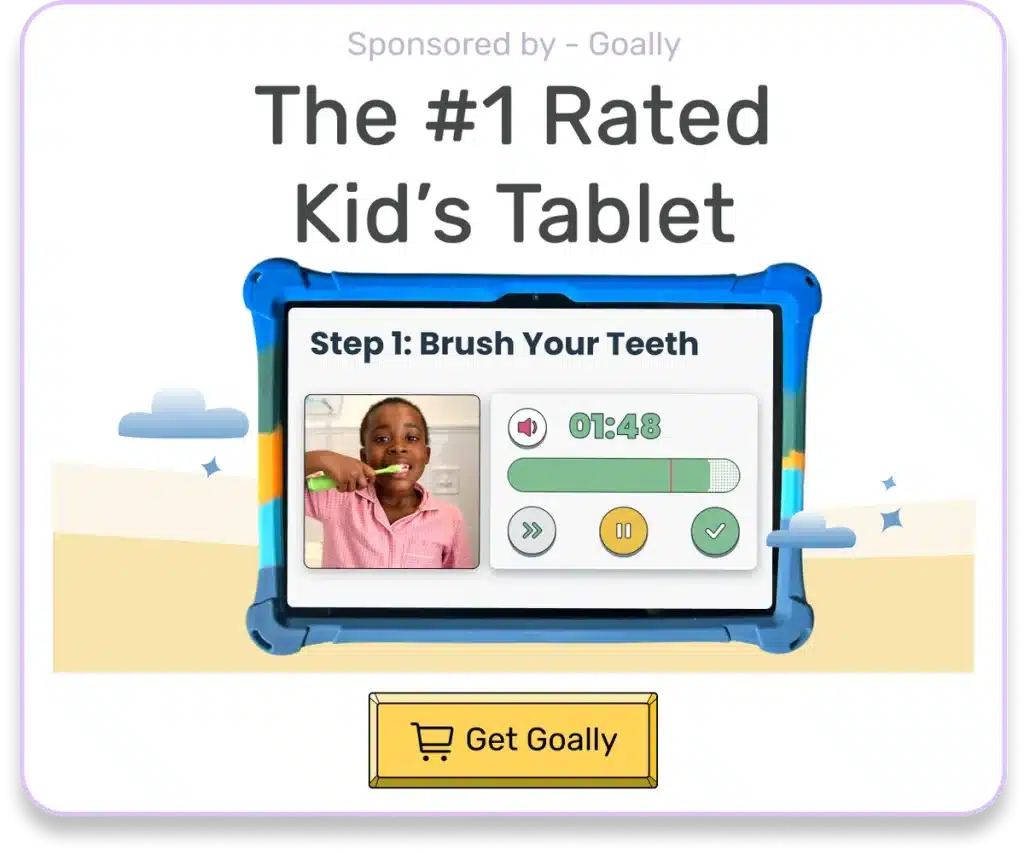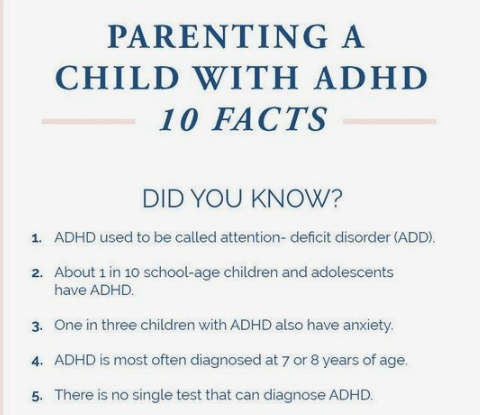When a child is diagnosed with ADHD, it’s like dropping a pebble into a pond. The ripples spread out, touching everyone in the family. It’s important to understand how ADHD affects not just the child, but also parents, siblings, and extended family members. In this blog post, we’ll explore how ADHD impacts the whole family and share helpful tips to support your ADHD family in thriving together.
Table of Contents
Understanding ADHD: A Quick Overview
Attention Deficit Hyperactivity Disorder (ADHD) is a condition that affects how a person focuses, makes decisions, and controls their energy. It impacts about 5-10% of kids worldwide and can continue into adulthood. While ADHD can make school and behavior difficult, it’s important to remember that kids with ADHD also have unique strengths and talents.
ADHD is often misunderstood, so it’s essential for families to learn about the condition. This knowledge will help everyone in the family better understand and support their loved one with ADHD.

The Impact on Parents
Being a parent of a child with ADHD can be both rewarding and challenging. Here are some common ways an ADHD diagnosis can affect parents:
- Increased stress: Handling the daily tasks of raising a child with ADHD can be overwhelming, leading to higher stress levels.
- Guilt and self-blame: Parents may feel guilty or blame themselves for their child’s struggles, even though ADHD is a brain-based condition.
- Strained relationships: The extra challenges of parenting a child with ADHD can put pressure on relationships with partners, friends, and other family members.
- Financial burden: The costs of evaluations, treatments, and accommodations for a child with ADHD can add up, causing financial stress.
It’s important for parents to recognize these challenges and seek support when needed. By addressing these issues, parents can create a more positive environment for the entire family.

Read more: What is the Hardest Part of ADHD?
The Impact on Siblings
Brothers and sisters of children with ADHD are affected by the diagnosis. Here are some ways they might be impacted:
- Feeling overshadowed: Siblings may feel overlooked or overshadowed by the attention and resources given to their brother or sister with ADHD.
- Resentment: Siblings may feel jealous or angry about the extra time and energy their parents spend on their sibling with ADHD.
- Increased responsibility: Older siblings help more with their ADHD sibling, which can be both rewarding and burdensome.
- Empathy and understanding: On a positive note, siblings of children with ADHD often develop a deep sense of empathy and understanding for those with different needs.
By addressing these challenges and fostering open communication within the family, siblings can better understand and support their brother or sister with ADHD.
Read More: Behavior Therapy for ADHD
Strategies for Supporting Your ADHD Family
Now that we’ve explored the impact of an ADHD diagnosis on the whole family, let’s discuss some strategies to help everyone thrive together. These strategies can make a big difference in creating a supportive and understanding environment for your ADHD family.
1. Educate Yourself and Your Family
Knowledge is power. Learn about ADHD and share this information with your family members. Understanding the condition will help everyone develop empathy and patience for the challenges faced by your child with ADHD.
Many resources are available to help families learn about ADHD, including books, websites, and support groups. By educating yourself and your family, you can create a more supportive environment for your loved one with ADHD.

Read more: What is a Behavior Intervention Plan?
2. Establish Routines and Structure
Kids with ADHD do well in structured environments. Create consistent routines for daily activities like mealtimes, homework, and bedtime. This will benefit not only your child with ADHD but also the entire family.
Consistent routines can help reduce stress and anxiety for everyone in the family. Establishing structure and predictability can create a more harmonious home environment for your ADHD family.
3. Foster Open Communication
Encourage open and honest communication within your family. Regular family meetings provide a safe space for everyone to share their feelings, concerns, and successes. This can help to strengthen family bonds and reduce resentment or misunderstandings.
By fostering open communication, you can create an environment where everyone feels heard and understood. This is essential for building strong relationships within your ADHD family.

Read more: What Does ADHD Do to the Brain?
4. Seek Support
Remember to ask for help. Connect with parents of children with ADHD, join support groups, or seek professional guidance from therapists or counselors. Sharing your experiences and learning from others can be invaluable in navigating the challenges of raising a child with ADHD.
Seeking support can also help reduce feelings of isolation and stress for parents. By connecting with others who understand your challenges, you can gain valuable insights and strategies for supporting your ADHD family.
5. Celebrate Successes
Finally, remember to celebrate the successes and achievements of all your kids, including your child with ADHD. Acknowledging their strengths and accomplishments can boost their self-esteem and foster a positive family environment.
By celebrating successes, you can help your child with ADHD recognize their unique talents and abilities. This may create a more positive self-image and a stronger sense of belonging within the family.
Try Goally For Your Child With ADHD
Goally helps kids with ADHD stay focused and build skills. Unlike a Kindle or an iPad that kids get easily distracted on, Goally has no YouTube, no social media, no web browser, and especially no ads.
Goally uses game play as a points-based motivator for your kiddo with ADHD and helps them learn emotional regulation skills. It’s simple to set up and has an expert-informed design.

Embracing Your ADHD Family Journey
While an ADHD diagnosis can certainly impact the entire family, it’s important to remember that every family faces unique challenges. By understanding the effects of ADHD on each family member and using supportive strategies, your ADHD family can grow stronger together. Embrace the journey, celebrate your successes, and remember that you’re not alone in this adventure.
FAQs About ADHD’s Impact on Family
How can ADHD impact family life? ADHD can lead to challenges in routine family activities due to a child's impulsive behavior, difficulty following instructions, and struggles with emotional regulation.
What are the emotional impacts of ADHD on parents? Parents may feel frustration, anxiety, or guilt due to their child's ADHD symptoms, and it can sometimes strain the overall family dynamics.
How can parents help a child with ADHD at home? Implementing a consistent routine, using visual schedules, and providing emotional regulation apps can greatly help a child with ADHD at home.
Can ADHD lead to sibling conflicts? Yes, ADHD can cause sibling conflicts due to the affected child's behavioral issues, and siblings may also feel overlooked if parents need to give more attention to the child with ADHD.
What role do rewards play in managing ADHD within a family setting? Rewards encourage positive behaviors and create a supportive atmosphere for a child with ADHD, thereby reducing stress within the family.
This post was originally published on 04/26/2023. It was updated on 10/26/2023.

Goally
We help parents teach their kids life skills, like doing bedtime and morning independently. Backed by science, we incorporate evidence-based practices and expert-informed designs in all of our apps and content.






